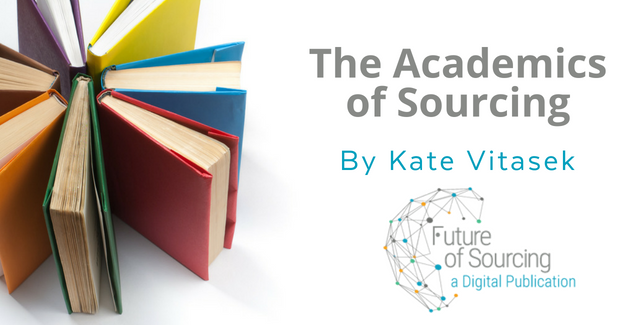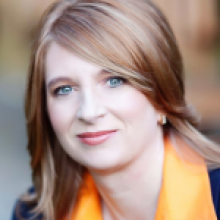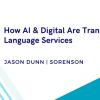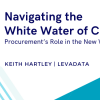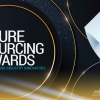If you follow this column you know I am a fan of some of the behavioral and transaction cost economists, including John Nash and Oliver Williamson. This month I am adding Dan Ariely to my list of big thinkers.
I’ve been a fan of Ariely since reading his book Predictably Irrational. He is an Israeli-American professor of psychology and behavioral economics; he teaches at Duke University and is the founder of The Center for Advanced Hindsight. Ariely’s talks on TED have been viewed about three million times.
In addition to Predictably Irrational he is also the author of The Upside of Irrationality and most recently he penned The (Honest) Truth About Dishonesty: How We Lie to Everyone – Especially Ourselves.
In the latter book, Ariely provocatively asks “Are we in control of our own decisions?”
In his examination of the Enron accounting scandal Ariely talks about the “wishful blindness” that was at work. He writes that one person that consulted for Enron while the company was rapidly going down the tubes “said he hadn’t seen anything sinister going on. In fact he had fully bought into the worldview that Enron was an innovative leader of the new economy right up until the moment the story was all over the headlines.”
More surprisingly, once the story of Enron’s corruption broke the consultant “could not believe that he failed to see the signs all along.” How often have we found ourselves in that kind of situation?
Ariely concludes that perhaps a different type of dishonesty was at work, “one that relates to wishful blindness” and that is practiced by all of us. He posits that if cheating and dishonesty is not confined to a few outliers, as seems to be the case because then cheaters could be identified more easily and then dealt with, “That would mean that anyone could behave dishonestly at work and at home…and if we all have the potential to be somewhat criminal, it is crucially important that we first understand how dishonesty works and then figure out ways to contain and control this aspect of our nature.”
Ariely says that cheating can become contagious, and that group dynamics and behaviour will have a powerful effect on each individual. “There are rational forces that we think drive our dishonest behaviour – but don’t. And there are irrational forces that we don’t think drive our dishonest behaviour – but do.”
I have witnessed firsthand what Ariely is talking about – witnessing people in business relationships who think they are behaving honestly and fairly when they really aren’t. Simply put, they can’t see the forest for the trees. That’s why Ariely points out that we need to “figure out ways to contain and control” perverse urges and activities that can destroy business relationships. The Vested business model is based on a major shift in the typical business mindset to collaboration and trust in order to achieve shared value and long-term success.
Vested’s Ten Ailments identify the various perverse incentives and activities that often occur in business and outsourcing relationships that can hinder or ruin a business partnership. These activities aren’t criminally dishonest but when you think it about it they are good examples of the type of dishonesty – wishful blindness – that Ariely refers to.
One of the ailments (No. 8) is even called the Driving Blind Disease, where the lack of a formal contract governance process to manage and monitor the operations and performance of a relationship can lead to misunderstandings and inefficiencies – driving blind – that can endanger the entire enterprise. You don’t see the coming crash until it’s too late.
Recognizing and avoiding the “irrational forces” that can bedevil outsource deals is the first step to being honest about dishonesty.


